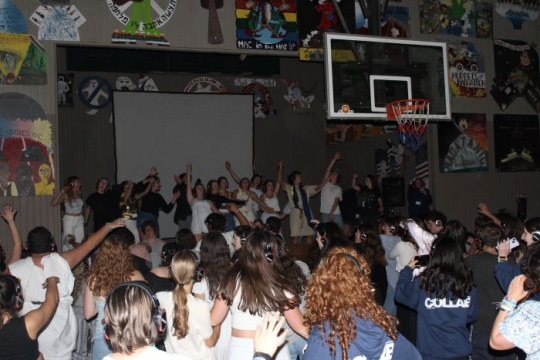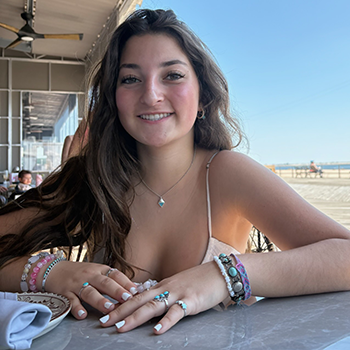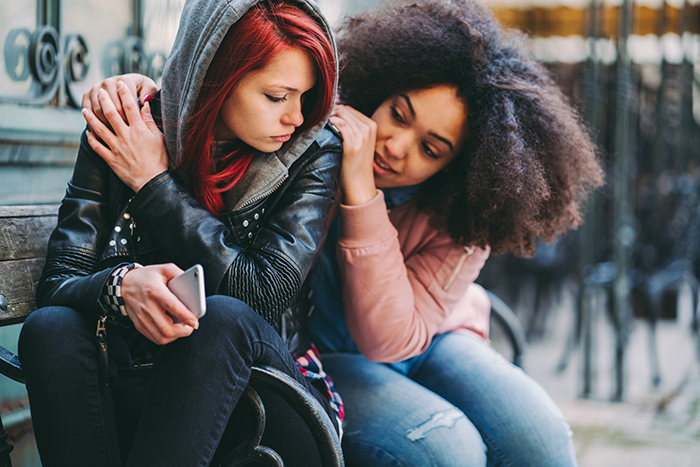
As a teen growing up in Brooklyn, I have always been aware of the teen mental health epidemic and felt an urge to do something about it. Many of my friends struggle with anxiety and depression. I wanted to support them and guide them toward help. So, when I got an email about Teen Mental Health First Aid training through NFTY and the National Council for Mental Wellbeing after participating in the RAC's Teen Justice Fellowship last fall, I was intrigued. I had heard great things about this program and thought it could give me insight into how I could help friends who were struggling. The training wasn't just another lecture with some slides and stats. There were always active discussions, and I felt safe being vulnerable and sharing my own experiences.
Part of what made these discussions so friendly and safe for me was that everyone came from similar cultural and community backgrounds. This allowed conversations about personal experiences to flow more easily. There was an unspoken understanding that made me feel more connected to the other teens during these discussions. We explored our responsibility to take care of each other through the Talmudic idea that "whoever destroys the soul, it is considered as [they] destroyed an entire world. And whoever saves a life, it is considered as if [they] saved an entire world."
The training was very impactful and taught us how to recognize warning signs that our friends might be struggling. For example, I learned to pay attention to body language, body dysmorphia, and little comments which helped me be more aware of when I should check in on my friends. We were taught to notice small signs, such as friends not being in school or falling out, which could indicate we need to step in and check on our friends.
We learned how to approach situations with empathy and compassion and how to ask if people are okay. We studied several realistic scenarios about topics such as anxiety, depression, stress, and even substance abuse. We asked each other what we would do in each scenario and had group discussions. It was interesting to hear how others might approach certain situations differently from me.
For example, in a situation where a friend is struggling with substance abuse, I might try to approach the person by explaining the harm and hard facts about dangerous substances to scare them off the path. However, someone else in the group might try to empathize and make the person feel less ashamed for turning to substances in times of struggle.
The biggest thing I took away from this program was learning how to respond. Depending on the scenario, we also discussed when to involve a trusted adult and the possible effects of doing so. Involving an adult early on might cause a friend to share less or shut down, so we studied how to approach situations in the best way possible.I learned many new perspectives and viewpoints that I wouldn't have thought of if it weren't for the other teens in my cohort.
Being a teen Mental Health First Aider can mean taking on a lot of other people's struggles and emotions. However, the advisors in our session emphasized the importance of taking extra care of ourselves while supporting other people through their struggles.
Our conversations always felt super relevant because I have plenty of friends who experience anxiety, depression, and struggle with substance abuse. It can be very hard to have a conversation with a friend about these topics without overstepping or taking on an adult role.
This program taught us exactly how to deal with similar situations so that we could do our very best to help our friends and peers before involving a trusted adult. This was particularly important because many teens in my group are empaths; it is normal for us to want to help everyone. Sometimes, you can feel guilt when you don't do enough to help someone. This training taught me how to develop self-control and recognize when I need to step back to protect my mental health.
The group discussions were super active. People weren't just nodding along; they were sharing, asking questions, and even laughing. I felt like I could be honest without being judged. Hearing other teens open up made me realize how many of us are going through things quietly.
Mental health issues are not always easy to detect; that's why this program is so important. It gives teens the power to take steps in the right direction where we can. If I can make a difference in just one of my friends' lives, I feel hopeful that others can too. All you need to do is help one person.
Looking back, I am glad I took this training. I feel more confident when approaching struggling friends and am more prepared to support people I care about. It can be hard to help other teens, but I know I'm not alone in any of this; those who took this training with me are also helping others. It gives me comfort that we are all in this together.
Related Posts
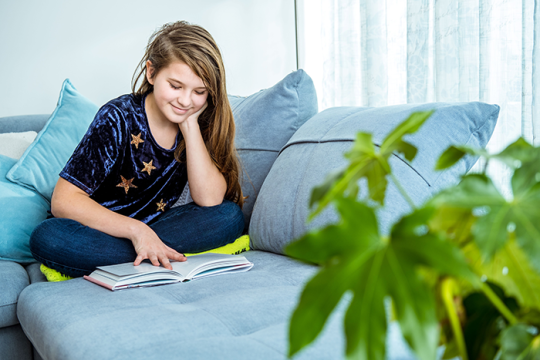
18 Jewish Reads for Tweens and Young Adults
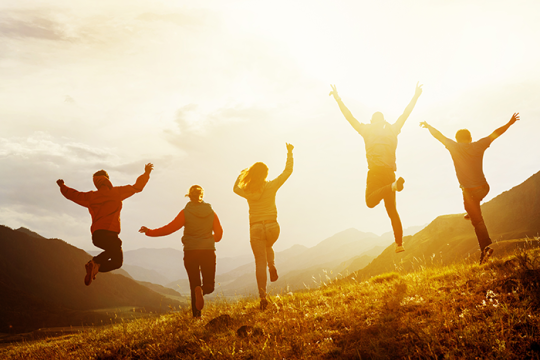
The Promised Land is in You and Me
